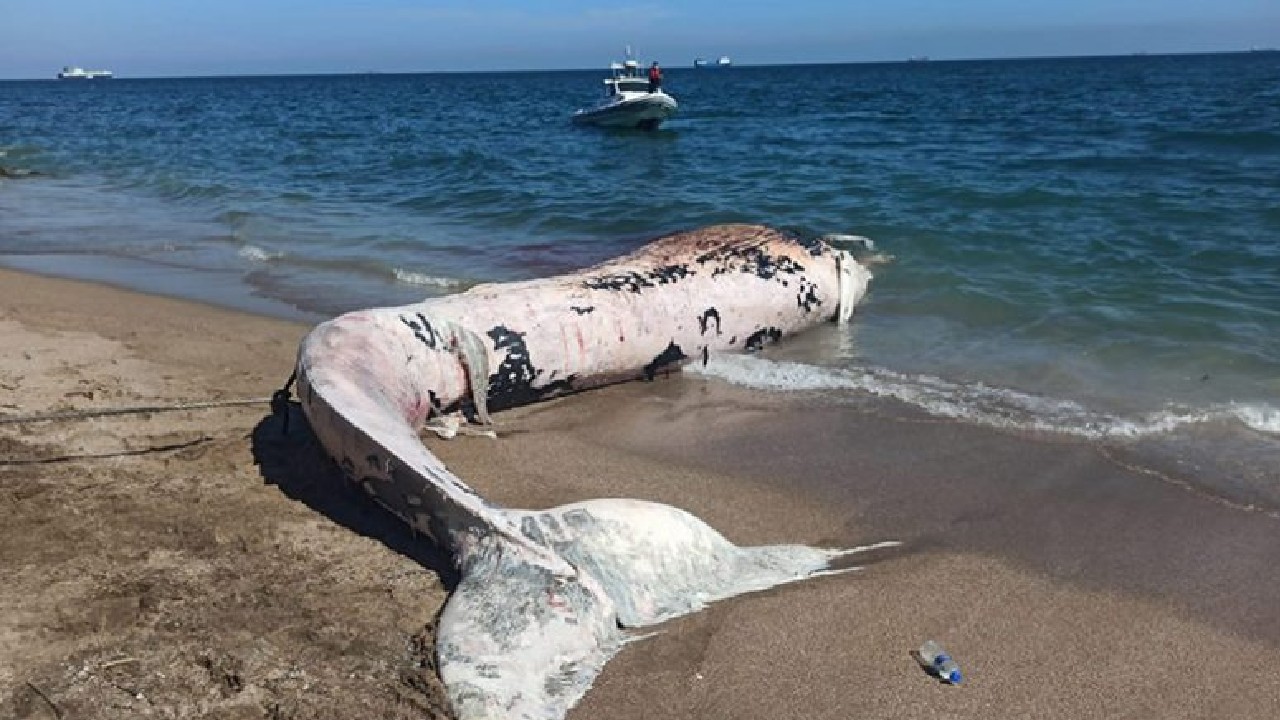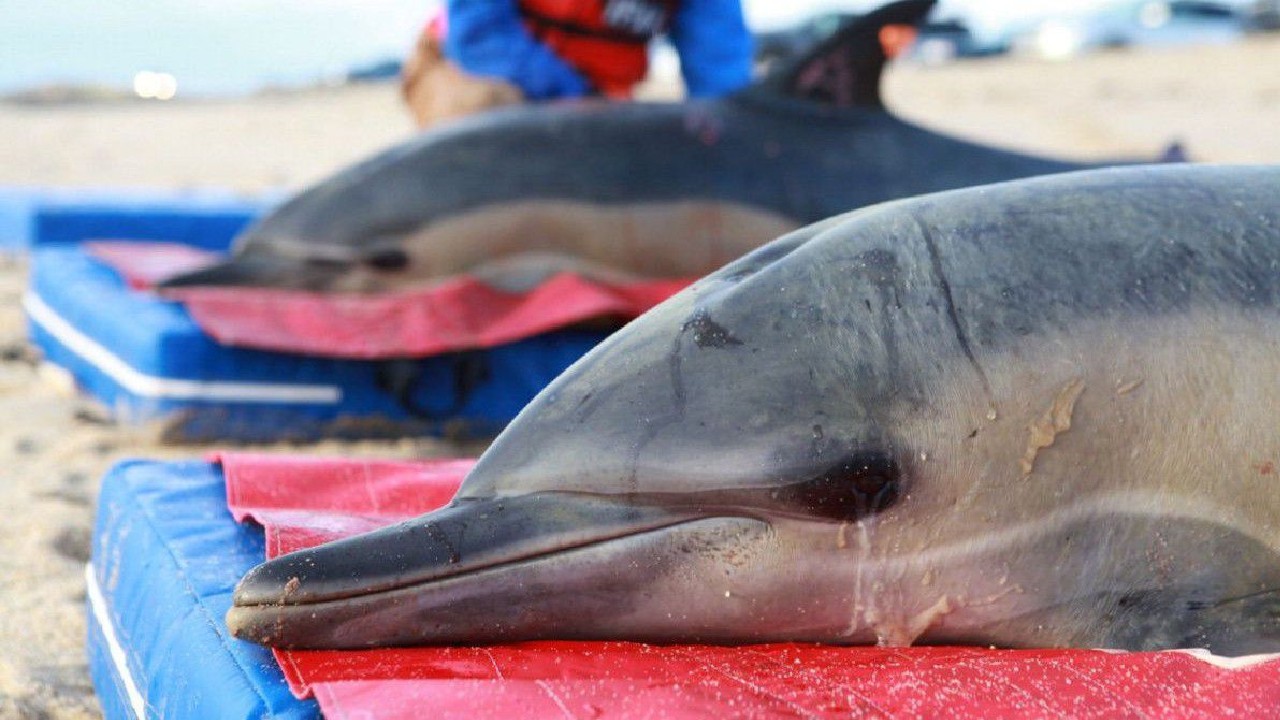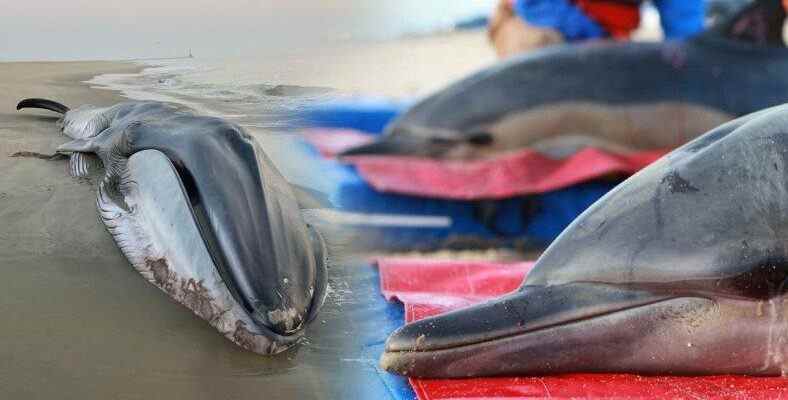Mammals such as whales and dolphins die when they hit land. Well, if these creatures are mammals that breathe with lungs, why do they die on land? There are two different reasons for this. Dehydration and organ damage.
Evolution is a very complex phenomenon. It is known that life on Earth began in the sea. The life that came ashore from the seas later took shape, revealing more species than we could count. In this process, some of the creatures on land turned to the seas again. Request Creatures such as dolphins and whales are in the group that goes from land to sea. These creatures, which are mammals just like us, cannot breathe underwater, even though they are sea creatures.
Mammals such as dolphins and whales, which need air like humans, periodically They come to the surface and get the air they need. Well, if these creatures take air with their lungs, have you ever thought why they die when they hit the land? Today, we will explain to you why dolphins and whales lost their lives when they washed up on land. Actually, there are two main reasons for this. Let’s take a look at these reasons.
It’s not their breathing that’s the issue, it’s dehydration.
When we look at the evolutionary process of dolphins and whales, we see that they are more closely related to us than fish. They don’t lay eggs like fish. They mate like mammals, become pregnant and carry their young in their wombs, and after giving birth, they feed these young with milk. Of course, these creatures, which cannot breathe under the sea, constantly come to the surface and breathe. They move by holding their breath under water.
Similar to terrestrial mammals in many ways, dolphins and whales are, after all, aquatic mammals and their bodies evolved that way. Therefore A beached dolphin is dehydrated because the water does not touch its body. Mammals such as dolphins and whales adjust their body temperature to the temperature of the aquatic environment. The heat transfer is much higher on terrestrial roads, and for this reason, the bodies of these creatures are not used to this, so they heat up very quickly. This is dehydration; that causes water loss. For this reason, dolphins and whales whose internal organs do not work properly die. If you happen to see a beached dolphin, your biggest help will be to sprinkle water on it. While doing this, you need to reach a professional team.
Organ damage occurs due to weight.

The buoyancy of water is much higher than that of air. Like the whale, mammals have also evolved in the light of these rules. These creatures, which rise to higher masses because their body weight is covered by water, are crushed under their own body weight when they hit land. Especially when huge whales are washed ashore, their internal organs will be crushed under the body weighing tons of kilograms and their organs will be damaged.
RELATED NEWS
How did the 40-ton super-predator MEGALADON, which once hunted even whales, become extinct?
Conclusion: What should we do?

What to do if you happen to see a stranded dolphin or whale It should be to inform the professional teams. Until they arrive, you need to keep these creatures constantly moist and make sure that the breathing spaces at the top are not under water or sand. Unfortunately, the only thing we humans can do about being crushed against body weight is to act fast.
Also, when a dolphin washes up, it may not make much sense to immediately return it to the sea. These creatures The reason they washed ashore was usually because they were sick. For this reason, returning them directly to the sea may not help them much. The best move would be to inform the professional teams and keep them moist during that process.
RELATED NEWS
It’s Proven That Female Dolphins Have Clitoris That Provide Sexual Pleasure Just Like Humans
Today we told you why dolphins and whales die when washed ashore. So, what do you do when you come across such a scene? Do not forget to share your thoughts and suggestions with us in the comments section.
